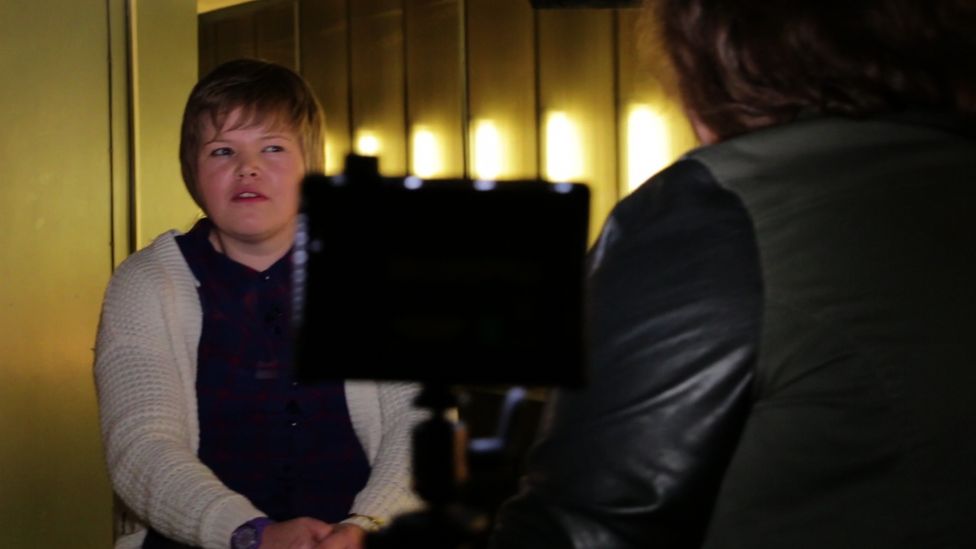
Anyone found guilty of online bullying or posting revenge porn in New Zealand could be slapped with a £21k fine and up to three years in prison.
The new Harmful Digital Communications Act has been drawn up to deal with policing online behaviour, specifically listing sexist, racist and ableist language, posting an ‘intimate visual recording’ without the subject’s knowledge or consent and encouraging people to commit suicide as activities that could land you with a stretch in jail.
Individuals can be fined up to $50,000 (£21,500) while companies can be slapped with a larger maximum fine of $200,000 (£86,100) for engaging in what’s increasingly referred to as ‘trolling’ by mainstream publications.
There’s scope for social networks like Facebook and Twitter to commit to a so-called ‘safe harbour’ deal that sees them having to delete any potentially offensive posts within 48 hours - although there is also scope for companies to opt out if their own policies can see them act faster.
In the many readings leading up to this Bill receiving Royal Assent, New Zealand’s politicians including Jacinda Ardern and Gareth Hughes have cited measures taken here in the UK to police online behaviour as an ‘opportunity’ to strike a balance between free speech and protecting vulnerable citizens right.
New Zealand: Taking notes from Brit troll cops
Related: Internet 'trolls' threatened with two years in prisonSo how is ‘trolling’ policed here in the UK? Section 127 of the Communications Act 2003 states that sending a message that’s ‘grossly offensive or of an indecent, obscene or menacing character’ via a ‘public communications network’ (in other words, Twitter) could see you charged with criminal behaviour.
Section 127 has something of a dubious reputation here in the UK. It was under these guidelines that the CPS saw fit to take Paul Chambers to court for a joke posted on Twitter.
Expressing his frustration at not being able to fly over to Northern Ireland to visit his girlfriend Chambers utter the following: "Crap! Robin Hood airport is closed. You've got a week and a bit to get your shit together otherwise I'm blowing the airport sky high!!"
The tweet, mistaken for a genuine threat, saw Chambers arrested and convicted of sending a ‘menacing’ message.
While the Twitter Joke Trial is something of a low point for Section 127, the very same section of the Communications Act saw Isabella Sorley and John Nimmo jailed for sending abusive and threatening messages to feminist campaigner Caroline Criado-Perez and Joshua Cryer sentenced to community service for racially abusing football commentator Stan Collymore.
Earlier this year, an amendment to the Criminal Justice and Courts Bill made posting revenge porn illegal in England and Wales. While it may have been previously punishable under the Communications Act, it’s now a specific offence which comes with a prison sentence of up to two years.
The new laws will be overseen by an ‘Approved Agency’ which has yet to be formally established by the New Zealand government.
How successful the agency will be in ‘protecting New Zealand’s most vulnerable citizens’, to paraphrase Labour's Jacinda Ardern, remains to be seen - free speech advocates and civil liberties groups will no doubt be keeping an eye out, should a second Twitter Joke Trial ever rear its head.





No comments:
Post a Comment